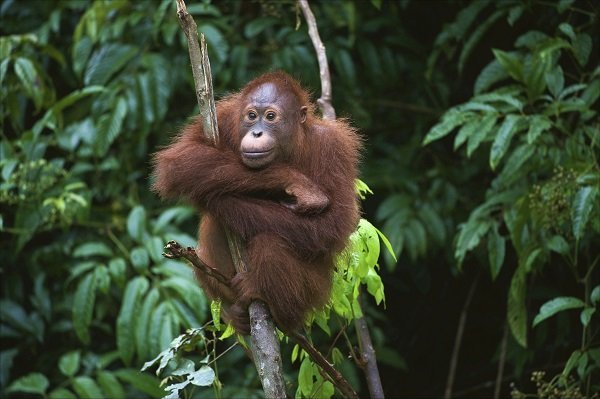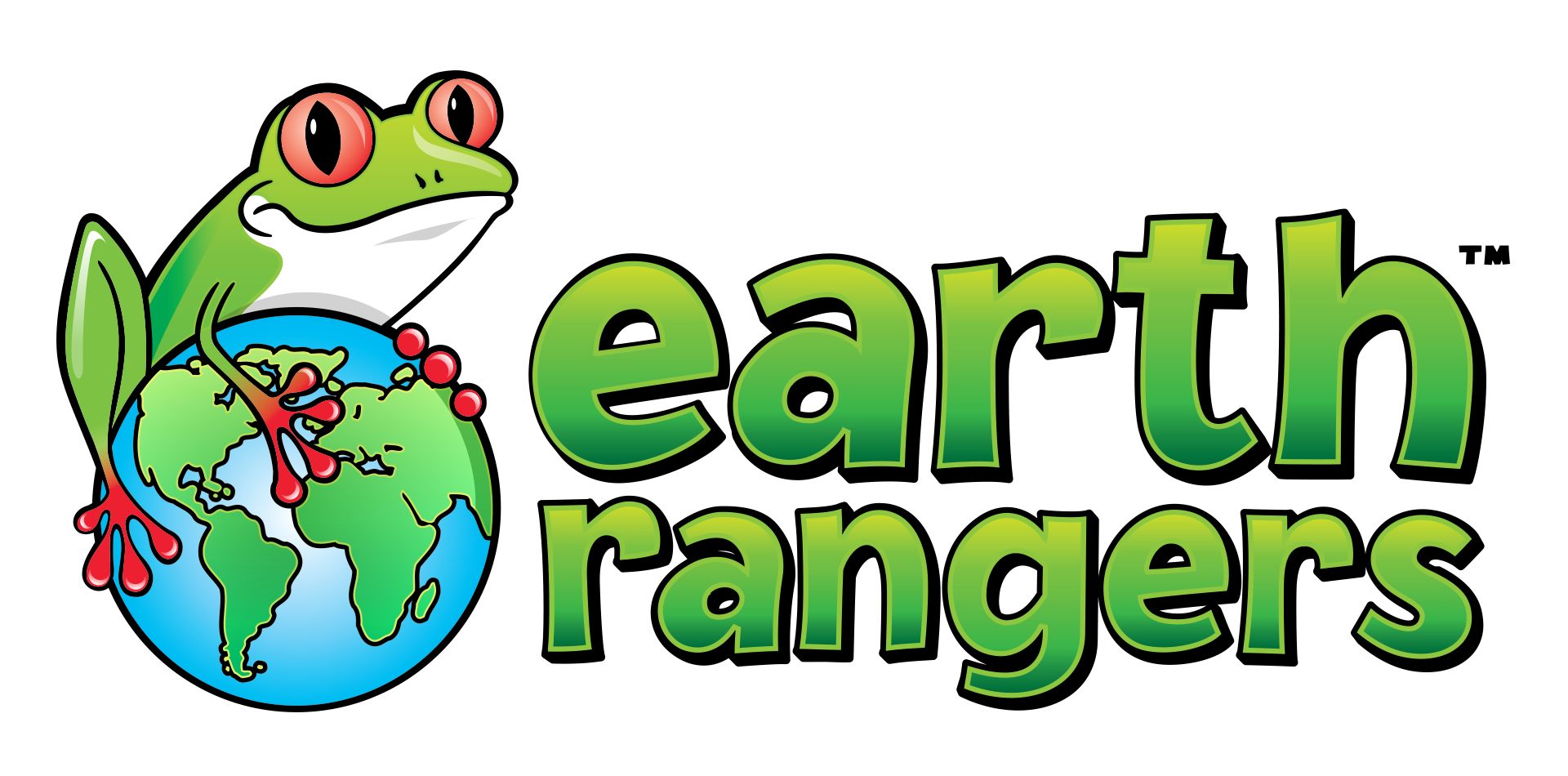Now that the summer has ended, kids across the country are heading back to school, but sometimes it can be easy to think that we’re smart enough and don’t need to learn anything else. After all, we’re the smartest ones around, aren’t we? As research into animal intelligence advances we are learning that humans aren’t the only smart species. Many animals have advanced communication and social systems, they can use tools, are self-aware, can empathize, think abstractly and problem solve. To keep up with these animal smarty pants we all better get back to class!
Octopus
 They play, have personalities and are excellent problem solvers. Researchers have observed them accessing their choice of clams to eat and making decisions about which ones they think are easiest to open.
They play, have personalities and are excellent problem solvers. Researchers have observed them accessing their choice of clams to eat and making decisions about which ones they think are easiest to open.
http://www.scientificamerican.com/article/are-octopuses-smart/
Dolphin

They have big brains relative to their body size and are self-aware (able to identify themselves in a mirror). Their complex social structures and communication skills are studied by researchers as many believe they are one of the most intelligent animals.
http://phys.org/news181981904.html
Elephant

They can remember the locations of water holes hundreds of kilometers apart, returning to these spots yearly. They have complex social lives that show they are able to cooperate and empathize with each other.
http://www.scientificamerican.com/article/the-science-is-in-elephants-are-even-smarter-than-we-realized-video/
Chimpanzee

They are closely related to humans, differing by just over one percent of DNA. They have sophisticated corporative hunting techniques, they use tools, are capable of abstract thought and complex communication.
http://www.janegoodall.ca/about-chimp-so-like-us.php#Intelligence
Corvids (Family of birds that includes ravens, crows and magpies)

They use tools, can remember large feeding sites and adapt their behaviour based on what other members in the group do. They can even learn to put small objects like recyclables into a blue box.
http://www.sciencedaily.com/releases/2013/11/131128103835.htm
Orangutan

They understand gift giving, weighing the costs and benefits of exchanging items with other individuals over time. They have an advanced understanding of their forest habitat and are able to quickly build nests, navigate the tree canopy and remember routes to locate food. Some orangutans can learn to communicate using sign language.
http://orangutancanada.ca/about-orangutans/intelligence/
Ant

They use sophisticated methods to navigate; they use the sun’s position, gradient of odors, wind direction, ground texture and step-counting. The diverse skills they have for navigation is likely greater than the ones applied by humans.
http://www.scientificamerican.com/article/weve-been-looking-at-ant-intelligence-the-wrong-way/
Killer whale

They have the second-biggest brain among oceanic mammals and are adept at sensing and analyzing their water habitat. They have local language and culture that they learn from their pod.
http://phys.org/news187298115.html
African Grey Parrot

They can apply logical reasoning to figure out where food is hidden and some have been shown to associate words with meanings and form simple sentences.
Bees

They have swarm intelligence, similar to ants, meaning that as a group they are capable of complex behaviours. Bees are excellent navigators and are able to communicate the location of food through dancing for their hive mates.

I like elephants and orcas
I didn’t know ants were smart
I am smart too! Supercalafragalisticexpialodosius if you don’t think that’s smart I think you’re quite ferocious